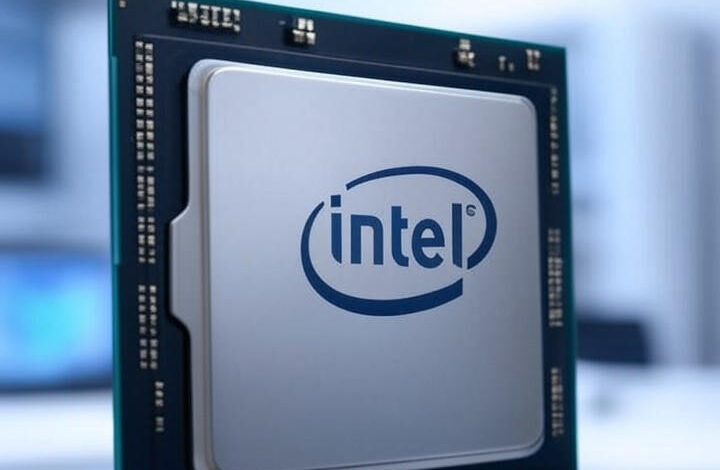Linux 6.17-rc5 Released with Critical x86 Driver Updates

UPDATE: The Linux community has just released Linux 6.17-rc5, integrating essential updates for x86 drivers from major players like Intel, AMD, Dell, and Lenovo. This urgent update is set to enhance compatibility and stability across a wide range of hardware, crucial for users from enterprise servers to personal laptops.
This release, confirmed by sources including Phoronix, addresses specific hardware quirks while introducing support for new devices, ensuring a seamless user experience. Key improvements focus on Intel’s latest chipsets, providing crucial fixes for power management and thermal throttling issues affecting certain x86 architectures.
The kernel maintainers have fine-tuned the drivers to handle edge cases, particularly on newer AMD Ryzen processors, which previously faced erratic sensor readings, leading to system instability during heavy loads. These updates underscore the kernel community’s commitment to refining platform-specific code through extensive real-world testing.
The timing of this release is pivotal as the x86 ecosystem grapples with increasing fragmentation from rapid innovations. The integration of device quirks serves as essential software workarounds to prevent common issues like boot failures and performance degradation. Notably, patches have been included for specific Dell and Lenovo laptops to resolve historical issues with Advanced Configuration and Power Interface (ACPI) handling due to BIOS inconsistencies.
Industry experts emphasize that these driver updates are critical for maintaining Linux’s stronghold in data centers and cloud environments, where x86 hardware is a backbone of infrastructure. The Linux kernel version history indicates that the transition from version 6.16 has focused primarily on stability over flashy features, ensuring long-term support for these vital fixes.
The meticulous release schedule led by Linus Torvalds highlights a commitment to rigorous vetting during release candidates, minimizing the risk of regressions. This approach, echoed in discussions on the Linux kernel mailing list, reassures enterprises that the enhancements could lead to smoother deployments across mixed hardware fleets, ultimately reducing downtime and support costs.
Moreover, the addition of new hardware support signals readiness for upcoming x86 innovations, including next-generation processors featuring advanced AI capabilities. Analysts suggest that Linux 6.17 is poised to pave the way for transformative changes in future releases, potentially integrating with evolving standards like UEFI Secure Boot.
These updates are not just technical; they have real-world implications for developers and system administrators. By updating to rc5, users could resolve lingering issues on affected hardware, ensuring a stable production environment as the kernel approaches its final release later this year.
As the Linux kernel progresses towards its official 6.17 release, expected later in 2023, these x86 refinements exemplify the collaborative spirit that has sustained Linux for decades, blending precision engineering with community-driven innovation. Stay tuned for further updates as this story develops.






